Thursday marked the fourth and final day of the 16th Summit of the BRICS bloc, held this year in Kazan, Russia. Packed with dozens of high-level meetings and bilateral talks and summarized in a 134-point joint declaration, the summit also had plenty of symbolic meaning, which observers unpacked for Sputnik.
“The BRICS Summit in Kazan is undoubtedly one of the most important global political and diplomatic events of this year as it brought together the leaders of the expanded BRICS family for the first time,” Professor Alexis Habiyaremye, a senior researcher with DSI/NRF, South African Research Chair in Industrial Development, University of Johannesburg, told Sputnik, summarizing the summit’s results as the long-anticipated event reached its final day.
“The grouping has now become the global growth engine and its economic muscle is by any measure stronger than that of the old hegemonic grouping. One can say that it's the official launch of the multilateral world order, the twilight of the US hegemony,” Habiyaremye said.
The Kazan Declaration, published Wednesday and featuring 134 provisions aimed at "creating a more just and democratic world order," "enhancing cooperation for global and regional stability and security," “fostering economic and financial cooperation” and "strengthening people-to-people exchanges for social and economic development."
Specific provisions include consensus among bloc members on the need for a reform of the Bretton Woods system and the United Nations, further expansion of the use of national currencies in trade, commitments to strengthen cooperation in high-tech and medicine, agreement to continue talks on the ambitious BRICS Clear cross-border settlement and depository system, support for the Russia-proposed BRICS Grain Exchange platform, and an array of proclamations related to international emergencies, from the conflicts in Ukraine and the Middle East to crises in South Sudan, Haiti and Afghanistan.
“The most important outcomes are not simply the initiatives contained in the declaration, but above all, the strategic alignment of a such diverse group, and the gleam of the power it radiates by attracting new candidates such as Turkiye. Given the strategic role of Turkiye in the old hegemonic order, the presence of its leader at the summit reflects the measure of BRICS' future in leading the global affairs,” Habiyaremye said, referencing Turkish President Recep Tayyip Erdogan’s attendance of the bloc’s BRICS Outreach/Plus format meeting on Thursday, alongside nearly three dozen other leaders and senior officials.
Unlike that ‘old hegemonic order,’ the new one represented by BRICS highlights "the rejection of dominance and unilateralism," and initiatives which "reflect a more balanced distribution of power and responsibilities," the researcher said.
“Western international structures have used hidden tools such as ISDS (investor-state dispute settlement mechanism) and technology secrecy to keep colonial exploitation in place and loot the most vulnerable countries. The proposed new institutional structures” in the Kazan Declaration “are hopefully going to contribute to dismantling this unfair old arrangement,” Habiyaremye said, citing the BRICS Business Council’s New Technological Platform for technology sharing, and exploration of new dispute resolution tools.
Busting a Big Western Myth
“The main thing is that President Putin shows that [despite] Western propaganda that he’s isolated, he’s got a lot of friends. A lot of presidents came to Russia,” Dr. Patrick Bond, distinguished professor of political economy at the University of Witwatersrand in Johannesburg, told Sputnik, summarizing the main results and achievements of the Kazan Summit.
“They have 20,000 delegates in Kazan, they have all of these other activities; it shows that the Russians take this very seriously. And that was historic,” Bond noted.
With that said, there are issues which remained to be ironed out to turn BRICS into the global force for political and economic multipolarity it strives to be, according to the professor, who cited disputes over new members - some of whom face bilateral disagreements – like Egypt and Ethiopia and their quarrel over water security. "So I think it was smart not to have new members this year and to wait until the old ones are digested," Bond said.
On dedollarization too, serious work remains to be done, according to the professor. “I think that the essential dilemma is that many of the BRICS – South Africa, India, Brazil, have financial sectors that are tied to the dollar in a way that obviously Russia and Iran no longer are because of sanctions. And new members including Saudi Arabia potentially, the UAE and Egypt, which are also very tied to the United States."
Dedollarization is critical, Dr. Bond believes, emphasizing that as things are, the US Federal Reserve “prints money and then raises the interest rate and creates havoc in both cases across the world. I would attribute a great deal of the inequality [globally] to the US Fed’s loose money, its bailouts of its own banks. So we really need to see something different.”
Another question relates to the BRICS’ consensus on reforming of Western-led international institutions, with Bond expressing concerns that "continuing to rely upon the WTO, the IMF, the World Bank and the UN Framework Convention on Climate Change" may "mean that we still have excessive interconnections" with the Western-dominated order, and inferring the need for something fundamentally new. The same goes for the BRICS New Development Bank, which is "still lending in dollars" thanks to difficulties in finding consensus to the contingent reserve arrangement as an alternative to the IMF, Bond said.
Diplomacy Vs. Destabilization
Ultimately, what makes the BRICS bloc’s Kazan Summit and "the need for dialogue so important" right now "is the particular juncture in the economic order, whereby emerging economies produce more than the previous hegemons but are confronted with constant threats of conflicts as the West does not wish to go down without a fight," Professor Habiyaremye emphasized.
“Dialogue is important to avoid the chaos that the West wants to inflict on the global community just to stay on top. It's though dialogue that the unstoppable transition from the old to the new world order can be achieved without destroying the precious lives of multiple communities,” the observer concluded.

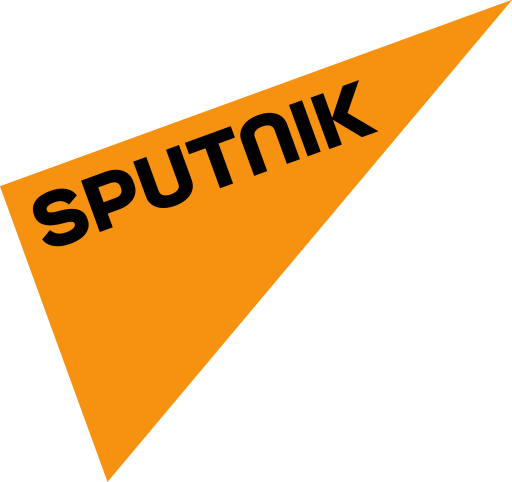 5 months ago
54
5 months ago
54
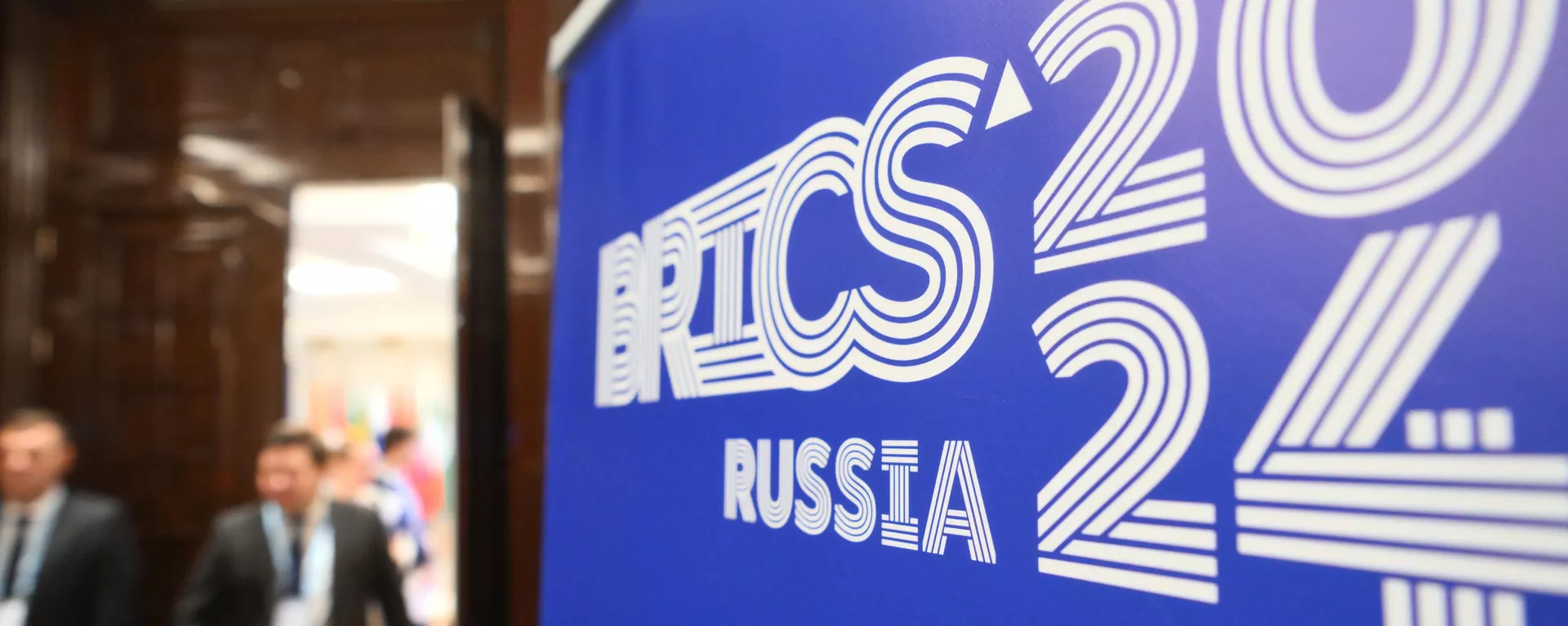
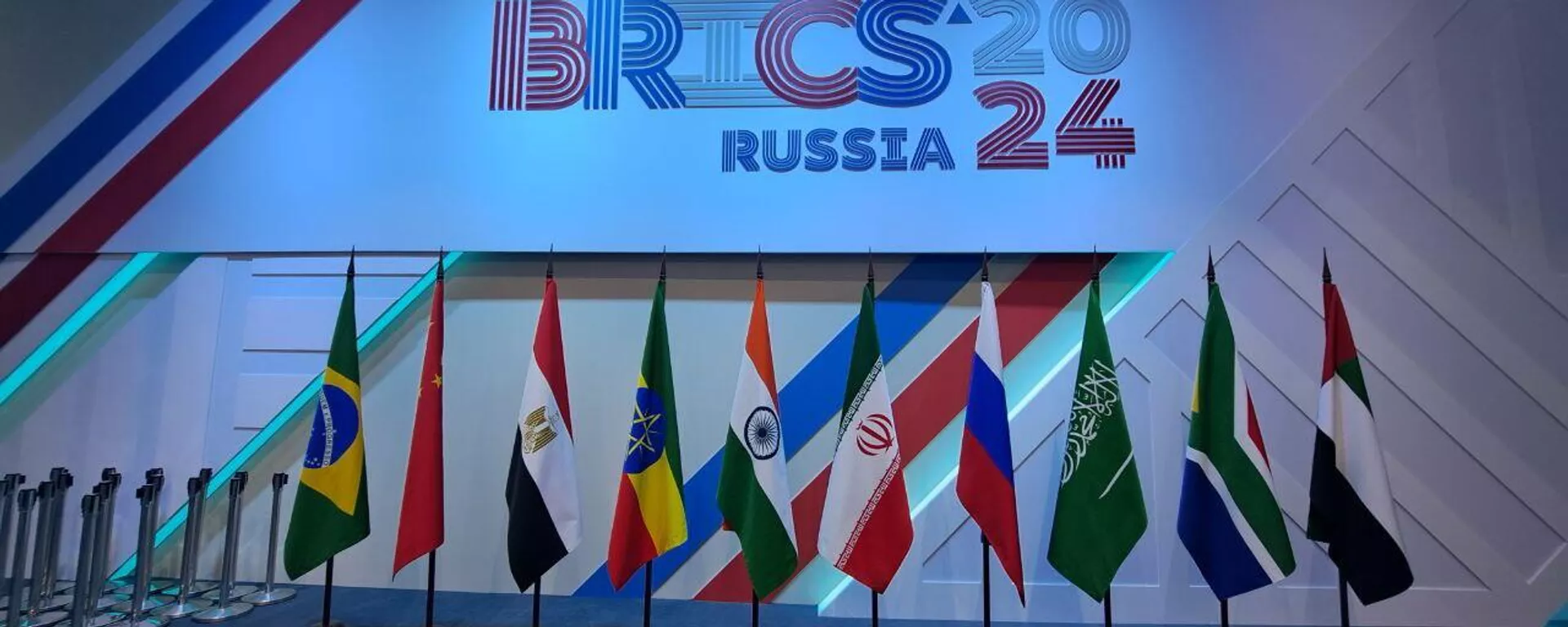

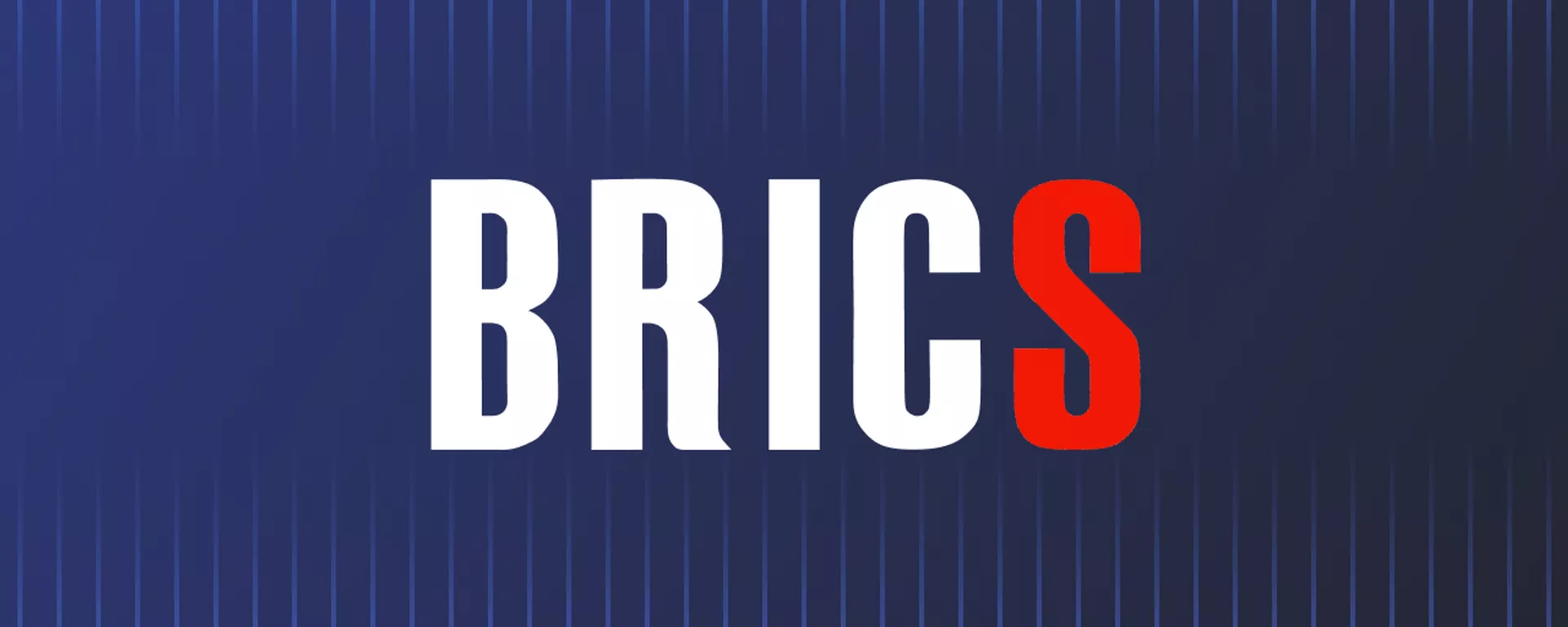
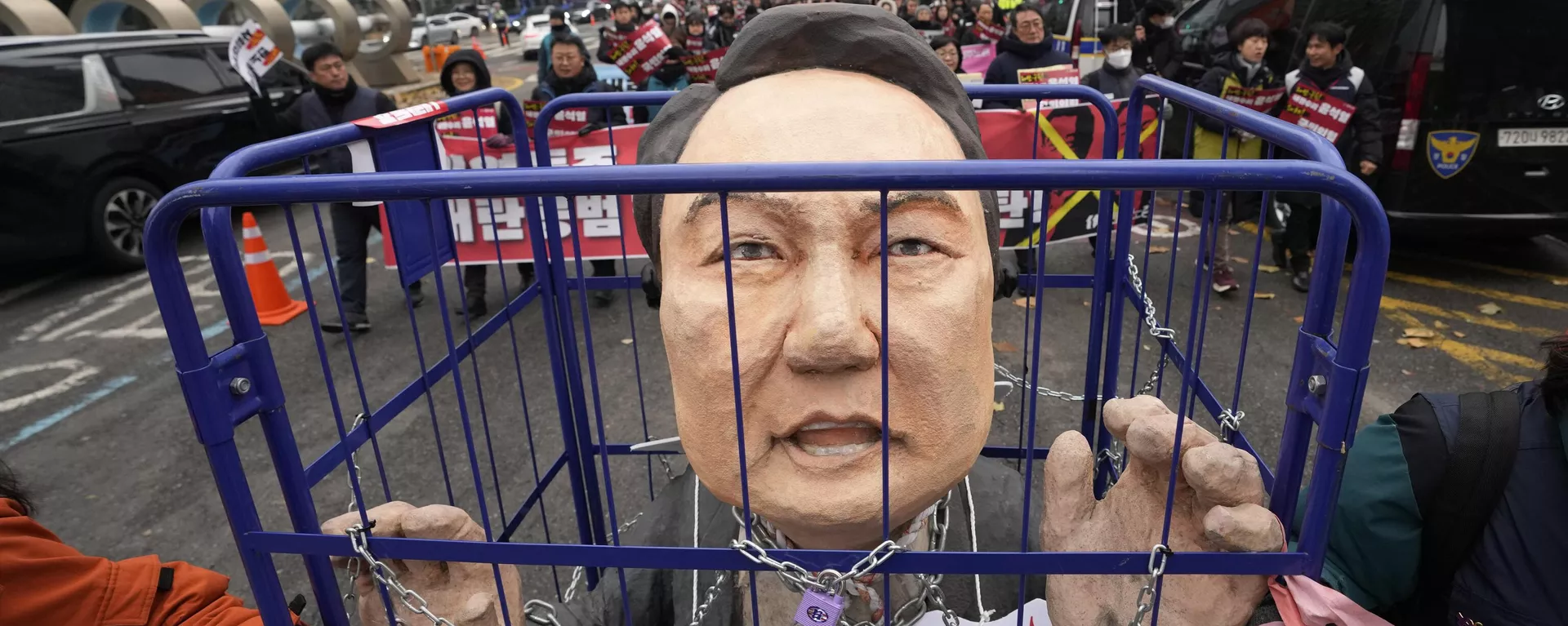
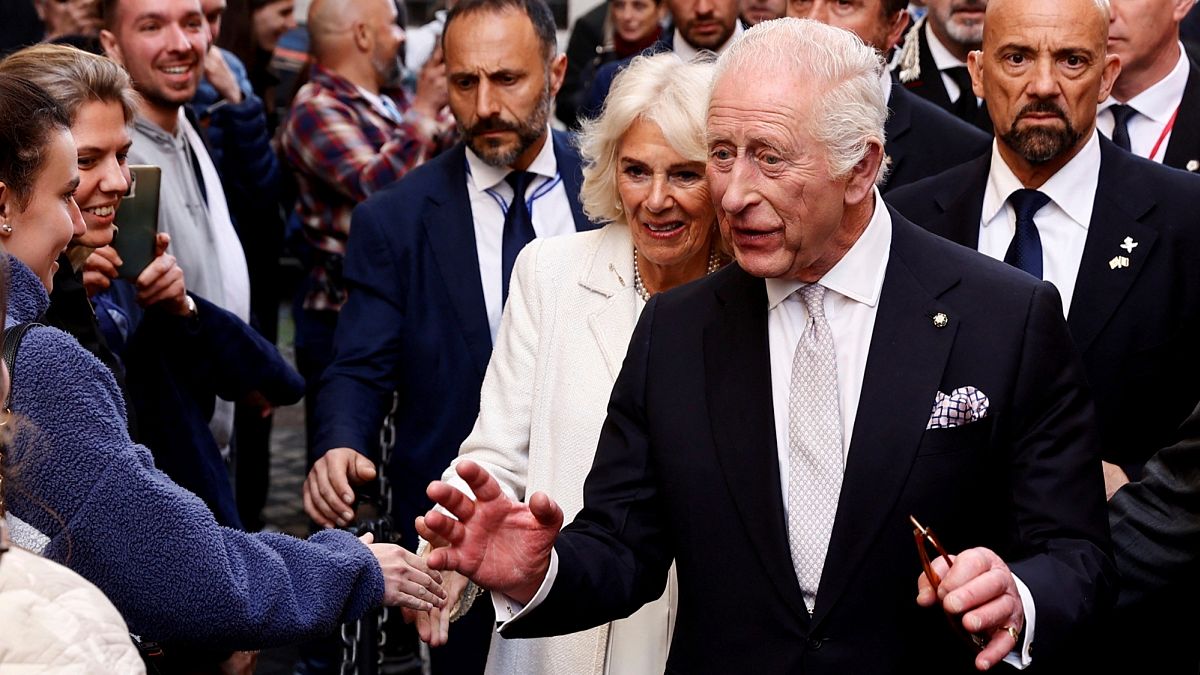
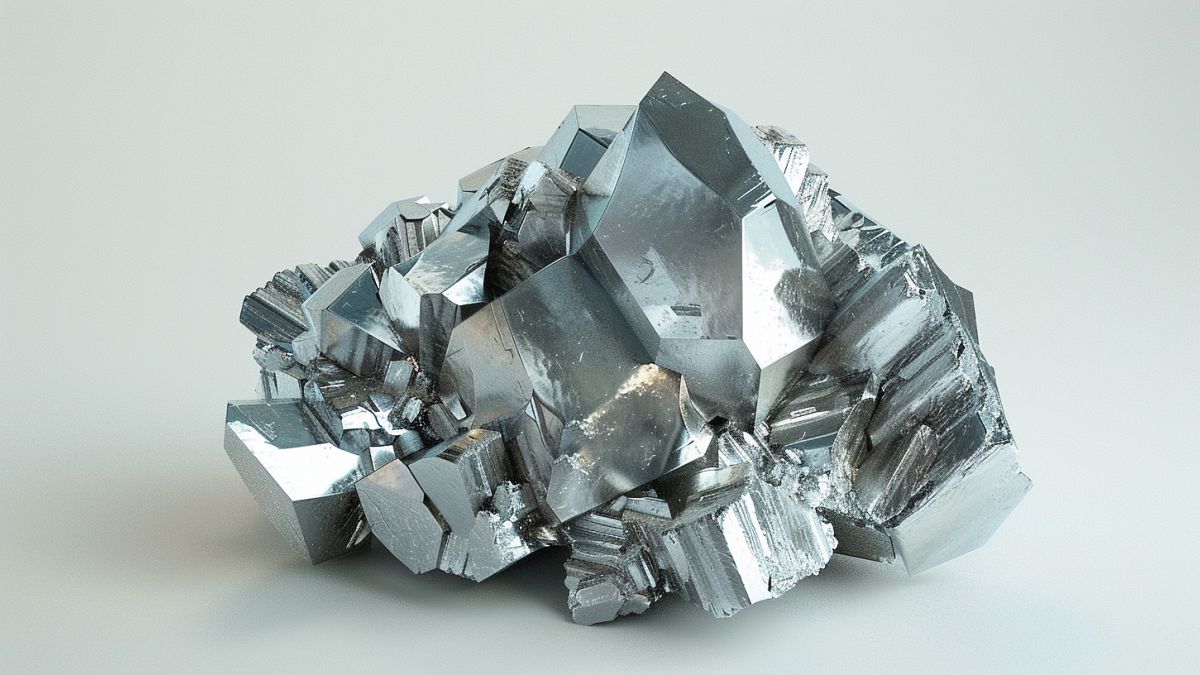
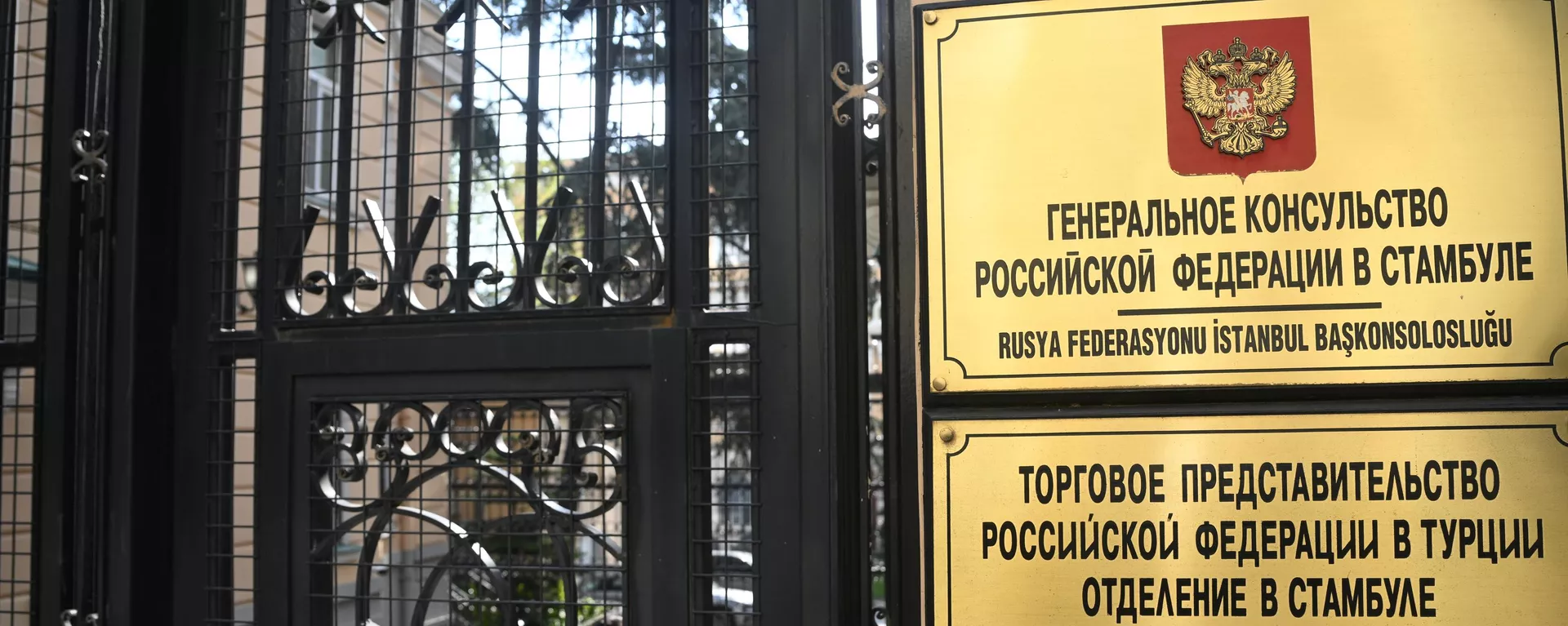
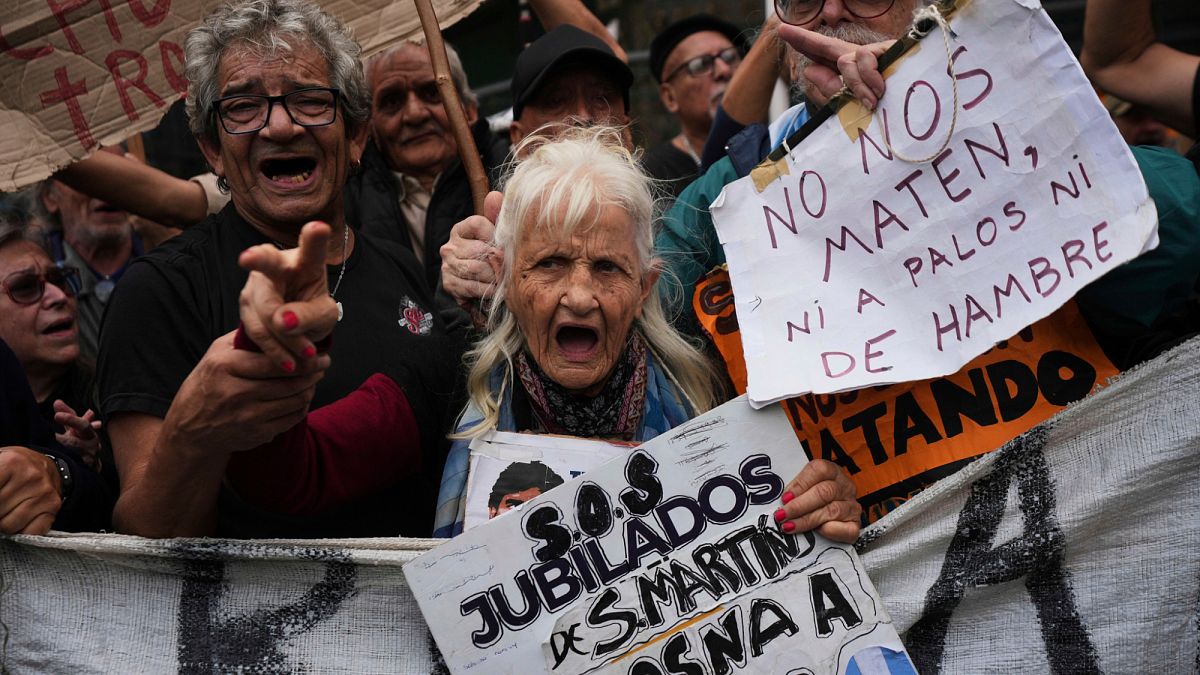

 We deliver critical software at unparalleled value and speed to help your business thrive
We deliver critical software at unparalleled value and speed to help your business thrive






 English (US) ·
English (US) ·